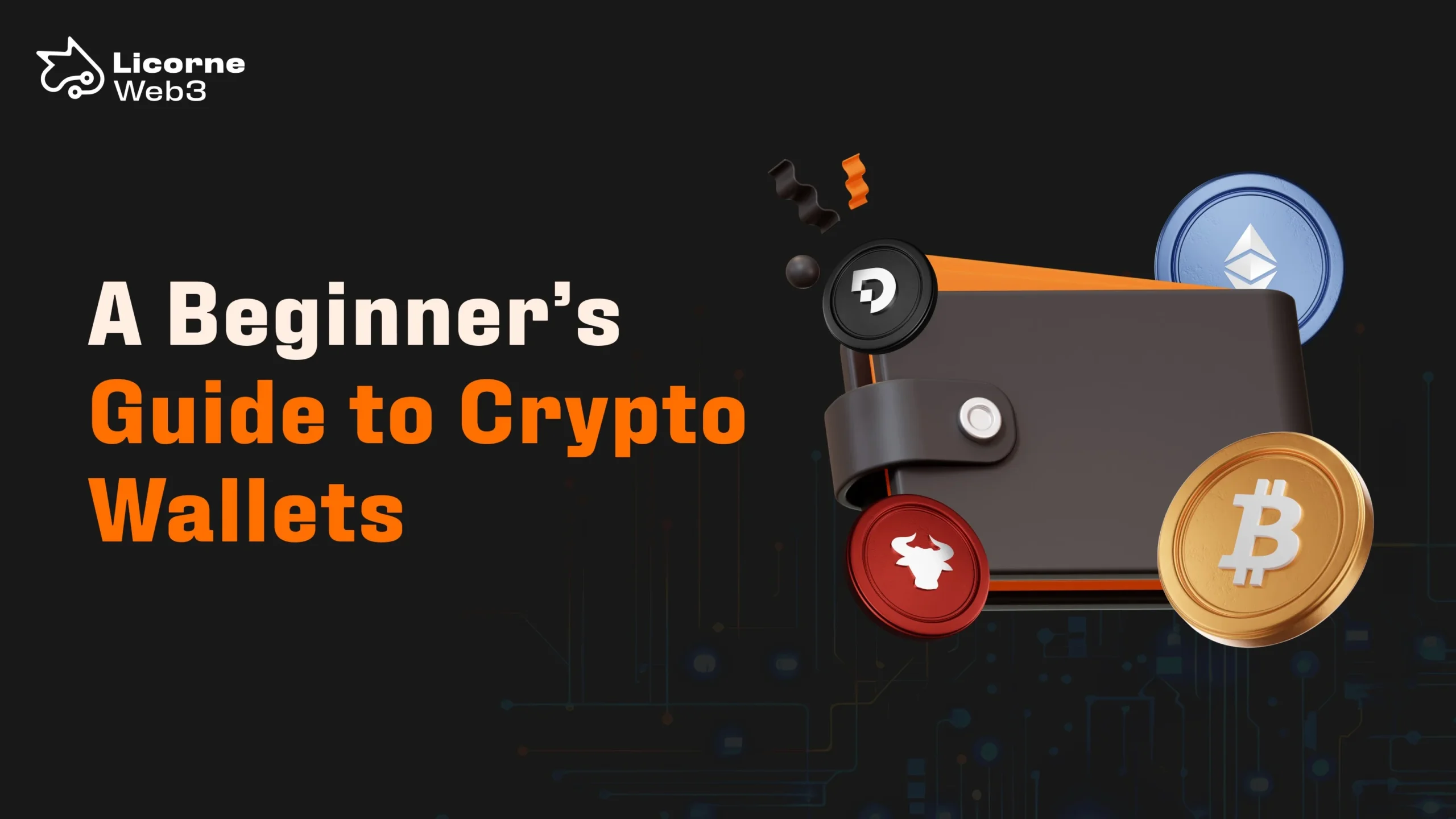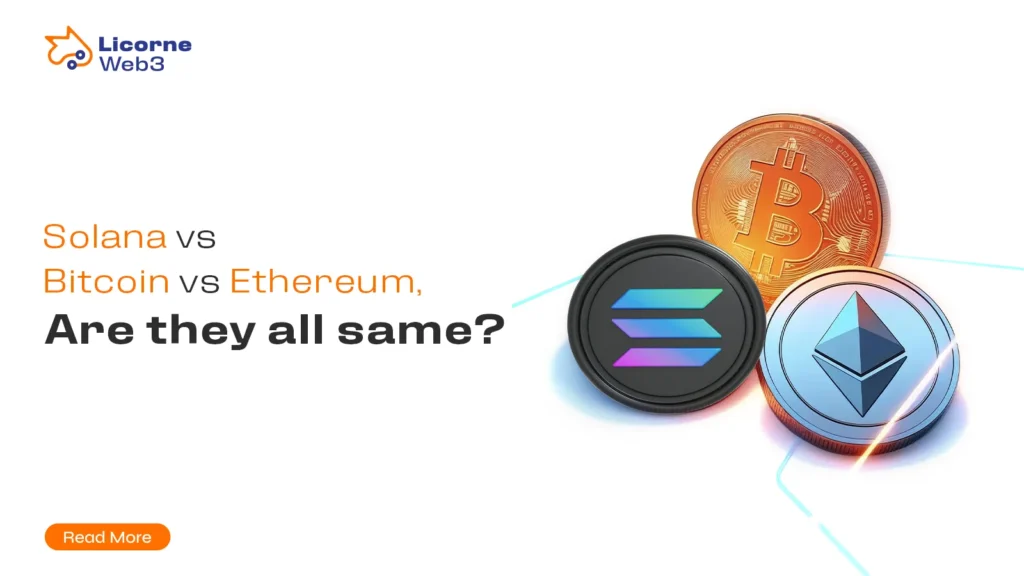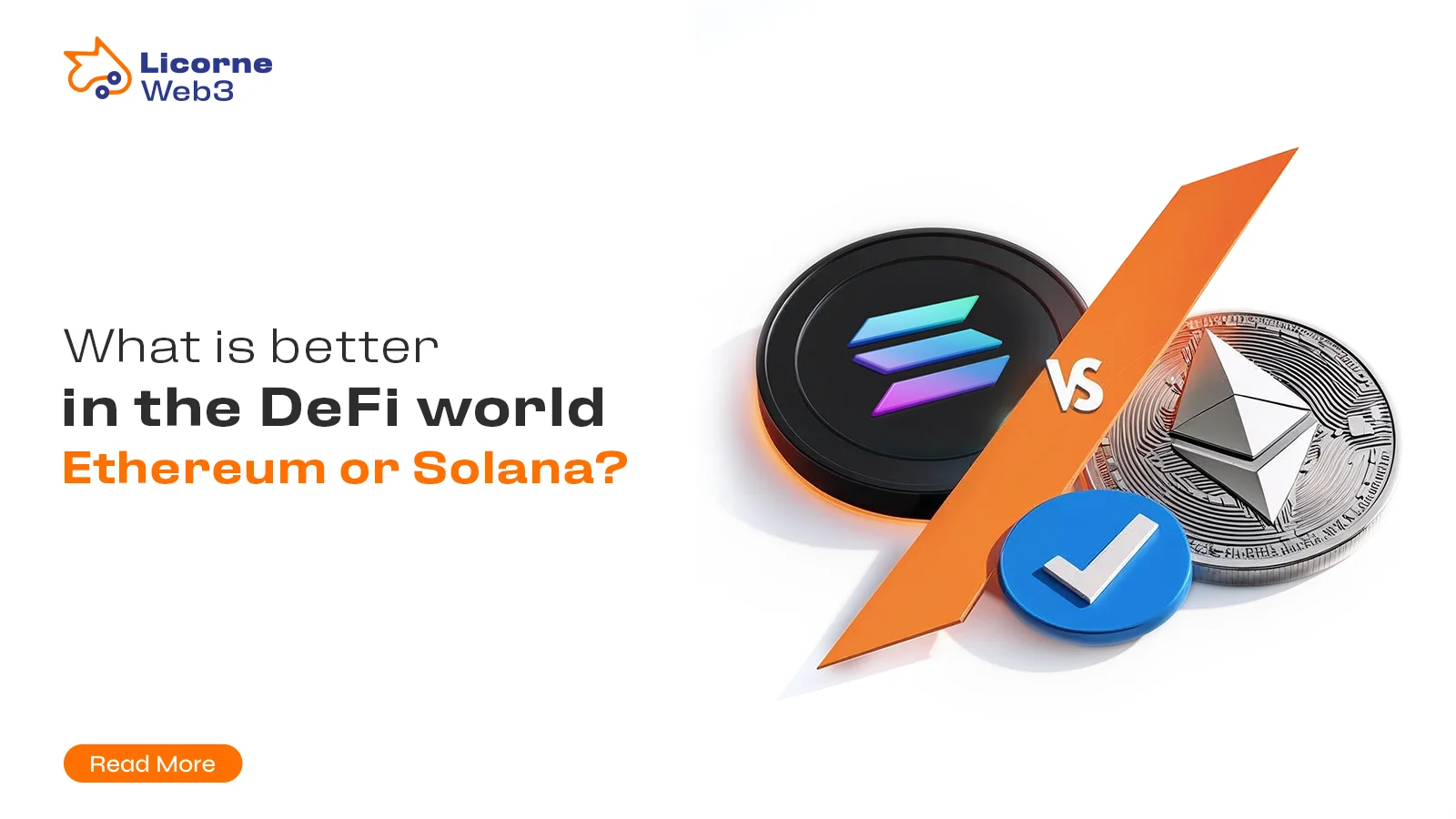Cryptocurrency adoption initiates an experience that is equivalent to an adventure. The first essential concept for beginning cryptocurrency users involves cryptocurrency wallets. Virtual money storage occurs in digital banks which serve as cryptocurrency wallets.
Crypto wallets and their significance together with their selection process will be our central focus. Crypto wallets are explained for beginners who plan to purchase their first cryptocurrency at this point in the article. The crypto wallet solution needs simplification to enable confident cryptocurrency entry.
You are now prepared to enter the cryptocurrency marketplace. Let’s get started!
What are Crypto Wallets?
The digital wallet system which is called cryptocurrency wallet functions as the key framework for crypto asset management. Users can keep their digital currencies secure through the wallet system because it provides them with storage and safe transaction capabilities. The wallet protects your private and public keys thus you need to learn about its core operational features. Knowledge about effective financial asset security methods together with management techniques stands as a critical requirement.
The wallets serve to perform both secure and swift global cryptocurrency transfers. Your investment in blockchain technology will remain secure by understanding both the operational principles of wallets and the multiple wallet types with appropriate utilization procedures.
The following section explores the available cryptocurrency wallets that efficiently manage your digital assets.
Types of Wallet
There are different categories of cryptocurrency wallets depending on the functions they have to offer.
Hot Wallets: Easy Access to Assets
Hot wallets serve daily transactions since they connect to the internet. These wallets provide instant access to cryptocurrency investments which makes them ideal for crypto trading operations along with decentralized finance requirements as well as financial product utilization.
Popular Examples:
Hot wallets provide easy access to cryptocurrencies online.
Mobile Wallets: These mobile-friendly wallets suit regular traders because they work seamlessly on all mobile devices. These wallets let users execute all crypto transaction actions on their mobile devices. Trust Wallet demonstrates itself as a non-custodial wallet that provides robust security features to its users.
Desktop Wallets: Extended security functions and the ability to support multiple chains are features available in these wallets. These wallets remain connected to blockchain networks even though security precautions remain vital because of this connection.
Web Wallets: Browser extensions enable users to access these wallets making them moderately secure at the same time convenient to use. Coinbase Wallet serves as an example of a cryptocurrency wallet product that connects users to cryptocurrency exchanges.
| Advantages | Disadvantages |
| They can be accessed on multiple devices | Requires an internet connection |
| Supports multiple cryptocurrencies
|
Higher risk of phishing attacks |
| Ideal for frequent transactions |
Not ideal for long-term storage
|
Cold Wallets: Security for Your Assets
Cold wallets represent offline storage solutions that deliver the maximum level of security protection. The security features of these wallets make them suitable assets for long-term storage while ensuring the safe management of cryptocurrency wallets.
Popular Examples:
Cold wallets offer offline security for long-term cryptocurrency storage.
Hardware Wallets: Traditional hardware storage systems that maintain cryptographic keys offline. The high security of Ledger and Trezor among cold hardware wallets makes them the leading choice in the market.
Paper Wallets: A piece of paper containing seed phrases and private keys, ensuring cold storage security. But when they are completely offline, they can be damaged by physical means. Cold paper wallets are cheap solutions to store your assets, but they need to be secure to prevent physical damage.
| Advantages | Disadvantages |
| Ideal for holding large amounts securely | Losing the wallet or recovery phrase means losing access |
| Avoids exchange hacks and failures | Not ideal for frequent transactions |
| You control your private keys | Hardware wallets can be expensive |
| Secure offline storage reduces online risks | If lost or damaged, access to funds may be permanently lost |
Custodial Wallets
These are wallets where a central authority, such as a crypto exchange, controls your private keys. Binance Wallet is a custodial wallet that offers investment product features such as lending capabilities and staking rewards.
Popular Examples
Custodial wallets manage private keys for secure and user-friendly crypto storage.
Coinbase Wallet: A popular custodial wallet that allows users to keep multiple cryptocurrencies safely. It is suitable for beginners.
Binance Wallet: It allows fast and easy exchange, and provides users with an opportunity to gain access to numerous cryptocurrencies.
| Advantages | Disadvantages |
| Beginner friendly interface | You don’t have complete control over your cryptocurrency |
| Quick access to funds and easy integration with exchanges for trading | These wallets are often subject to government regulations |
| Platforms often enable users to recover their lost credentials | If the platform has technical issues, you may not have access to your funds
|
| Staking, lending, or interest on assets is also offered by some custodial wallets | Personal information may be required which raises privacy risks |
Non-Custodial Wallets
Unlike custodial wallets, non-custodial crypto wallets allow users to have full control over their private keys. MetaMask and Trust Wallet are leading examples.
Popular Examples
Non-custodial wallets give users full control of their private keys and assets.
MetaMask: It enables the users to manage their private keys and connect with decentralized applications.
Trust Wallet: It allows the user to have complete control of the private keys and access to decentralized services.
|
Advantages |
Disadvantages |
| You control your private keys | No way to recover lost keys |
| No personal info required | A lost or stolen wallet means permanent loss |
| Less vulnerable to hacks | Higher fees on decentralized networks |
| No restrictions on transactions. | No centralized customer support |
How Crypto Wallets Works
A cryptocurrency wallet is a software program that enables users to connect to the blockchain networks and execute crypto transactions securely. It is also a record-keeping tool where one can easily monitor balances and transactions.
Key Components:
Private and public keys are generated when the wallet is created.
Private Key: A secret code that grants access to funds.
Public Key: A cryptographic key that is shared to receive funds.
Wallet Address: A shortened version of the public address used for transactions.
Setting Up a Wallet: Step-by-Step Guide
Learn how to set up a cryptocurrency wallet step-by-step to securely manage and access your digital assets.
For a Hot Wallet:
- Download the app from a legitimate company.
- Set a strong password.
- Store the backup phrases securely.
- Test with a small crypto transaction.
For Cold Wallet:
- Purchase from the official company only.
- Follow setup instructions carefully.
- Secure your seed phrases and store them in a safe deposit box.
For Custodial Wallet:
- Pick one platform like Coinbase or Binance.
- Fill in your information including email, and password, and agree to the terms.
- Fill in your details and ID for your identity verification.
- Setup two-factor-authentication for advanced security
- Deposit fiat currency or cryptocurrency into your wallet.
- Backup important recovery information for safety.
- Begin sending, receiving, and trading cryptocurrencies.
For Non-Custodial Wallets:
- Choose a trusted non-custodial wallet.
- Download the wallet app onto your device.
- Open the app and create a new wallet.
- Secure the 12-24 word recovery phrase. This is crucial for account recovery.
- Create a strong password.
- Secure your private keys and recovery phrases and keep them offline.
- Begin sending, receiving, and managing your cryptocurrencies securely.
Selecting the Perfect Wallet: Key Considerations
- Security First: Look for robust security measures such as biometric authentication and multi-signature wallets.
- Ease of Use: Ensure a smooth user experience and consider hardware wallet compatibility.
- Wallet Support: The wallet should be compatible with the crypto that you intend to manage.
- Reputation is key: While selecting a wallet, choose those with positive reviews and a good reputation.
- Cost Efficiency: Ensure that the wallet’s cost is reasonable to fit your budget.
Essential Security Tips for Crypto Wallets
Protect your digital assets with key practices to avoid scams.
- Secure Private Keys: Don’t share your private keys or recovery phrases with anyone.
- Enable Security Features: Enable two-factor authentication and all biometric security features that are available.
- Regular Updates: Keep your wallet software updated to eliminate all vulnerabilities.
- Use Secure Connections: Don’t use public networks while using your wallet.
- Diversify Storage: Store your assets in multiple wallets to minimize risk.
- Use Multisig Wallets: Use multiple keys to authorize transactions. It will reduce the risk of unauthorized access.
- Cold Storage: For large holdings, use a hardware wallet.
Final Thoughts
Protecting your cryptocurrency investments from loss requires a safe method to store your assets. Both traders who make instant deals and long-term holders benefit from secure storage through cold storage wallets since the right crypto wallet choice protects their investments.
Ready to up your crypto game? Pick a wallet now to safeguard your digital assets as a professional operation.
Author
-

I am a content writer with a passion for creating engaging content. I aim to simplify complex topics for readers through writing. With a keen interest in blockchain and crypto, I strive to foster understanding and empower readers to explore new ideas!
View all posts















